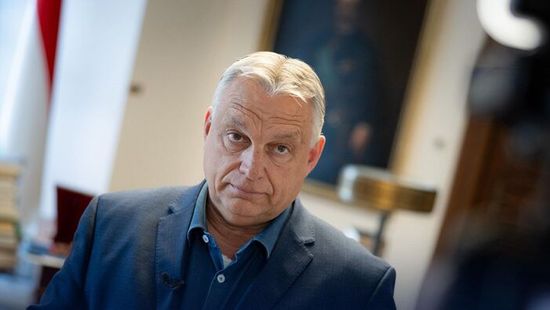Van egy titka a magyar választásnak: ezzel söpörheti be a Fidesz a magabiztos győzelmet

A kormánypártoknak van egy versenyelőnye, amiben mindenkit megelőz.

A decade ago extremist politics was confined to fringes and street protests. It has now arrived as a parliamentary force and is beginning to change how other parties behave and speak.
„Sweden has revealed the future direction of Europe, and not for the first time. For decades, Sweden led the way in defining the mixed model of free trade and social solidarity that became the European ideal. Not anymore.(...)
A decade ago extremist politics was confined to fringes and street protests. It has now arrived as a parliamentary force and is beginning to change how other parties behave and speak. The binary politics between a Christian democratic right and social democratic left, with a small space for classic liberal parties, is now over.(...)
Recent elections fought under variations of proportional representation have seen the rise of nationalist and anti-immigrant parties into national parliaments. Some parties, like Jobbik, which also calls itself «The Movement for a Better Hungary», are anti-Semitic. The nationalist right in East Europe seeks to downplay the Holocaust by comparing the crimes of European communism with the industrialized extermination of Jews in Nazi death camps. Voters’ support for the extreme right in Europe can no longer be downplayed as a marginal, country-specific phenomenon. The world’s biggest democratic region is now the breeding ground for extreme-right politics.(...)
Voters looking to community and identity are shaping a new politics in Europe. Those who think the new populist right is taking politics back to prewar fascism are too alarmist. Europe’s democracy remains strong, perhaps just too strong, as political parties fragment and the din of competing voices grows louder. (...) What Europe needs is a confident leadership that can unite its splintering communities behind a vision that can say more than no.”